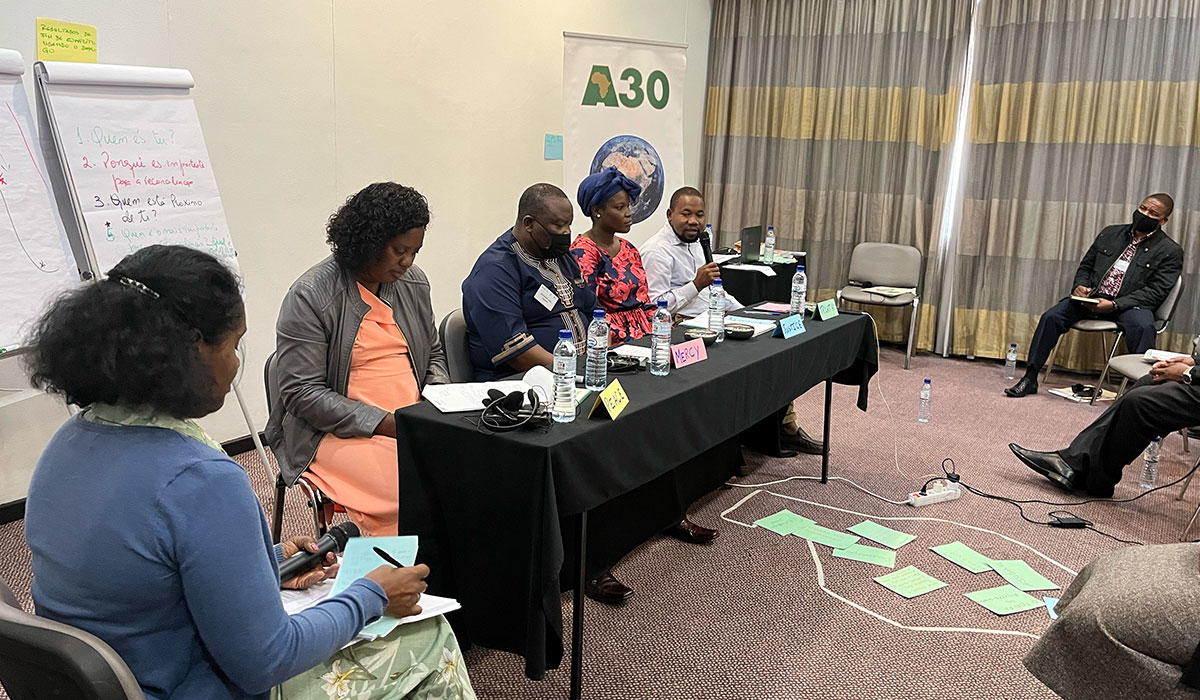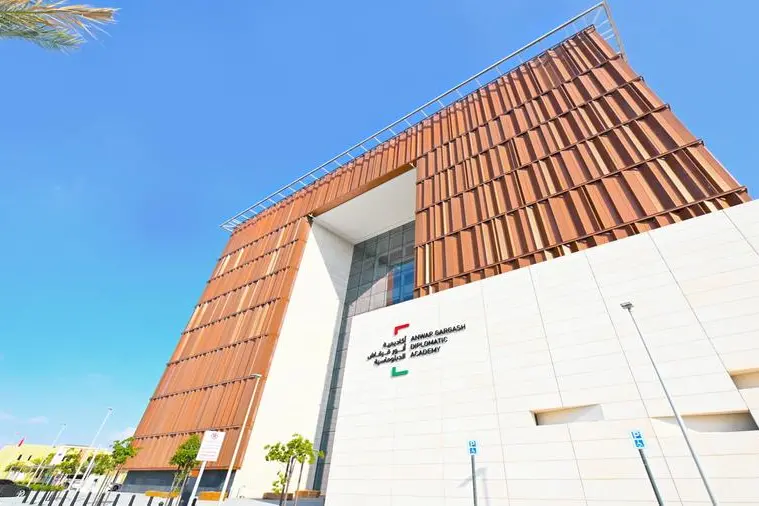ACCORD’s Manager of applied Knowledge and Learning, Mr Philip Visser, recently facilitated a conflict management training for Mozambican religious leaders in Maputo, Mozambique. The training, which took place from 27 – 29 July 2022, was the product of a collaborative exercise between ACCORD, the Methodist Church of Southern Africa (MCSA) and Fundação Mecanismo de Apoio à Sociedade Civil (MASC), to help address the ongoing conflict in Mozambique’s northern regions.
The representation and participation from a variety of different faith communities allowed for cross sharing, learning and cohesion between leaders of different religious groups and communities. The training programme focused on deepening the understanding of dialogue as a process that can be used to strengthen community tolerance and cultural understanding. In so doing, the event aimed to strengthen the facilitation capacity of faith leaders, enabling them to improve the interactions and work with and between communities.
Participants were drawn from across Mozambique, with special focus on the northern provinces of Nampula, Niassa, and Cabo Delgado. The northern regions of Mozambique have battled with violent insurgencies since 2017, particularly in Cabo Delgado. While a degree of stability has been regained in recent times, violent clashes are still common and the region still hosts a significant number of internally displaced peoples. The training therefore aimed to provide the relevant support to religious leaders who continue to be directly involved in these community challenges.
MASC’s Maura Martins, a participant in the 2022 ACCORD Training of Trainers Programme, co-facilitated the training with Mr Visser. The practical session provided her with the opportunity to train alongside and learn from a seasoned trainer. ACCORD and MASC will continue to work together to constructively transform the conflict in Mozambique by building the capacity and support structures of local communities.








